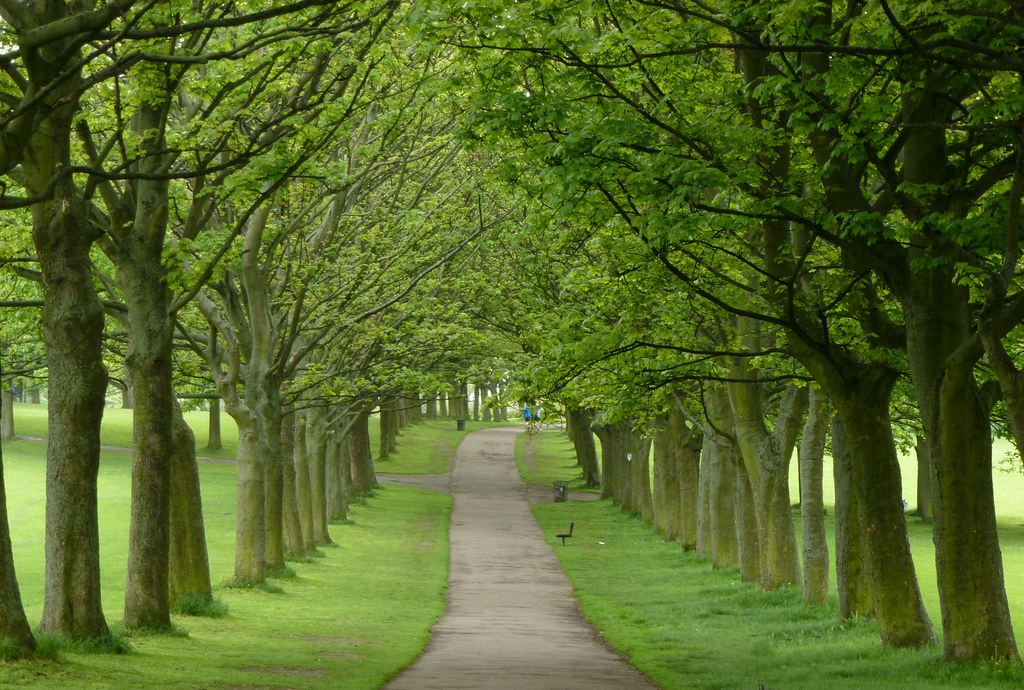A new international study, led by scientists from the University of Leeds, has found that faster growing trees have shorter live spans. This calls into question previous earth system models of carbon uptake and throws an unforeseen spanner in the works for climate change activists and scientists alike.
There are no prizes for guessing that this is most likely down to global warming. It’s been reported that the life span of beech trees can decrease by 30 years for each degree of warming. Heat doesn’t kill the trees per say but warmer temperatures accelerate their life cycles. Trees reach their maximum size earlier than expected and die sooner as a result.
Other factors could also be at play – faster growing trees may invest less in defences and are vulnerable to disease and drought as a result – but whatever the cause, Leeds scientists have found that these growth-rate/lifespan trade-offs are occurring among most tree species across most climates.
You may be wondering, so what?
These findings have huge implications for way we tackle climate change. To understand why, we only have to step back into the classroom of GCSE science and take a look at the carbon cycle.
Trees play a key role in absorbing CO2 from the atmosphere. At the moment, most of this is released from emissions as industrialised states continue to burn fossil fuels at an unprecedented rate. Therefore, in the fight against climate change we are becoming increasingly reliant on forests to absorb CO2 and slow the rise of greenhouse gases in the atmosphere as we attempt to curb emissions.
However, Professor Manuel Gloor, of the School of Geography at the University of Leeds and co-author of this new study, has described these previous earth system models as “inaccurate and too optimistic.” They do not take into account this new study’s most recent findings regarding the shortening of tree lifespans. Trees are living shorter and absorbing less CO2 from the atmosphere. these dying trees will then decompose and the CO2 they absorbed is subsequently released back into the atmosphere. This calls into question the reliance we place on these so-called ‘carbon sinks.’
To add insult to injury, this new study warns that the worst is yet to come. Increased tree death most likely follows periods of increased tree growth so we can expect a greater loss of carbon stocks in the future.
Authors of the study state that their findings only “increase the urgency to curb greenhouse emissions.”

Their findings come amidst one of most consequential election campaigns for climate change yet. The 2020 USA presidential election sees Joe Biden’s plan of complete decarbonisation come up against a president whose first term saw the USA leave the Paris climate agreement and go on to proliferate the mining and consumption of fossil fuels. A second Trump term could spell disaster for our climate.
Image Credit: Tim Green

